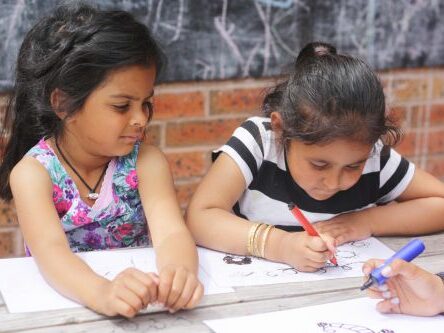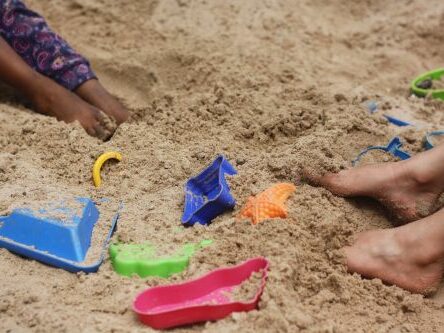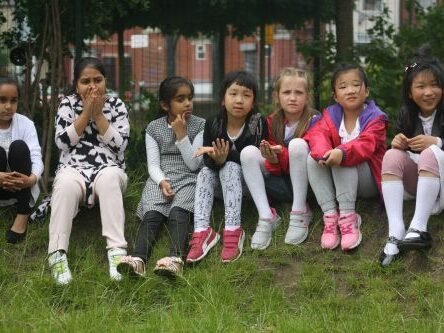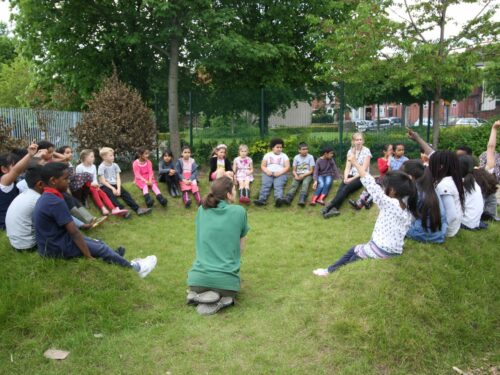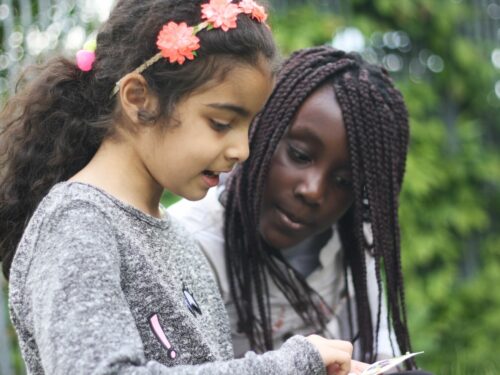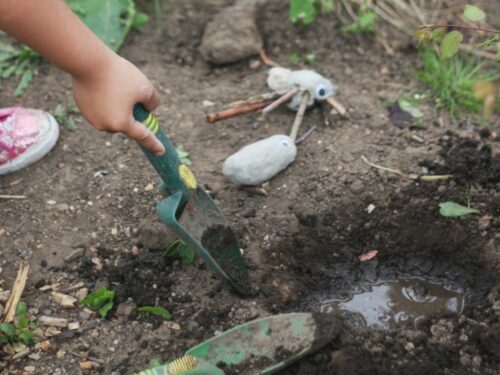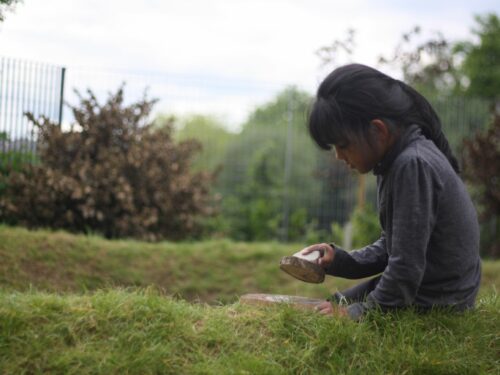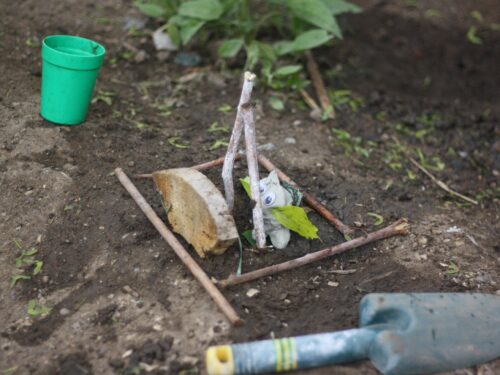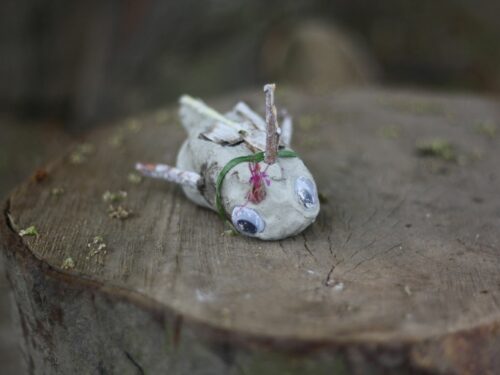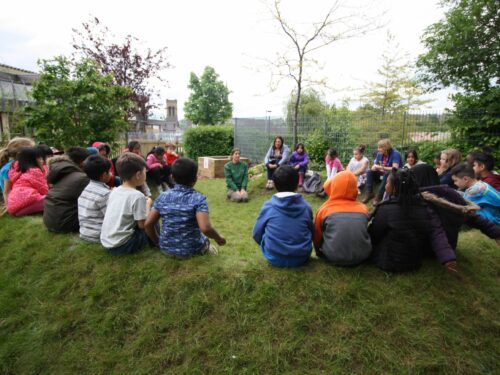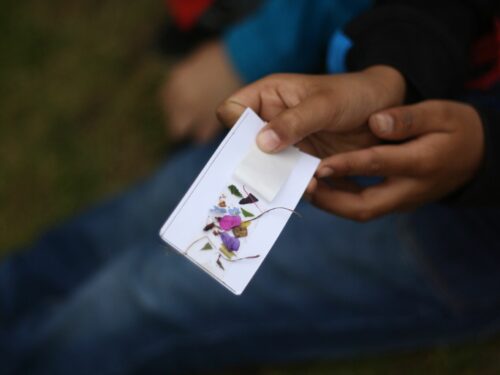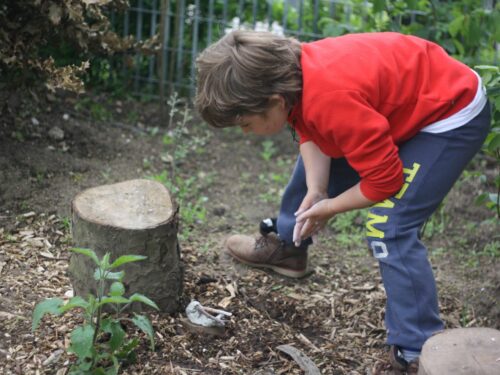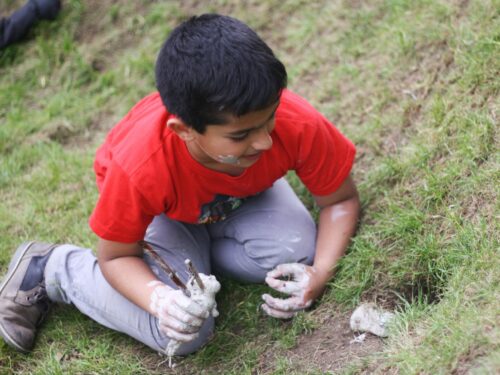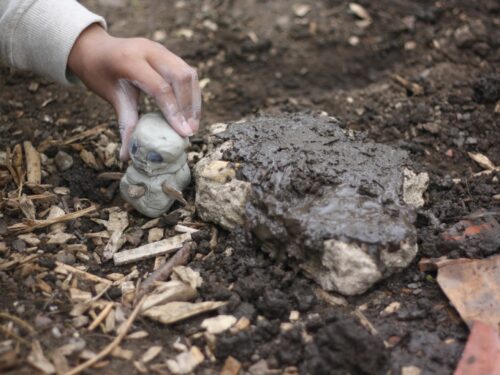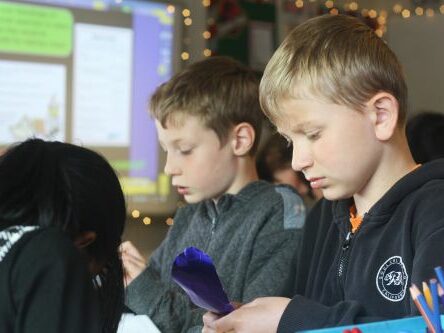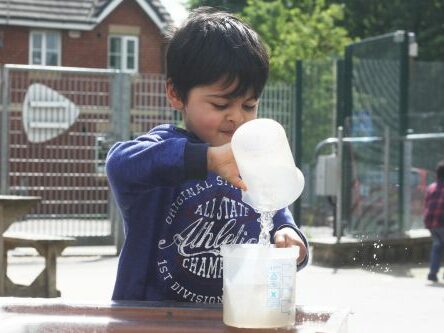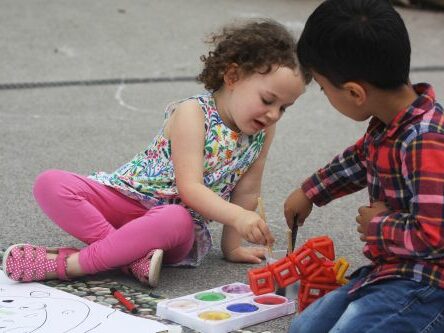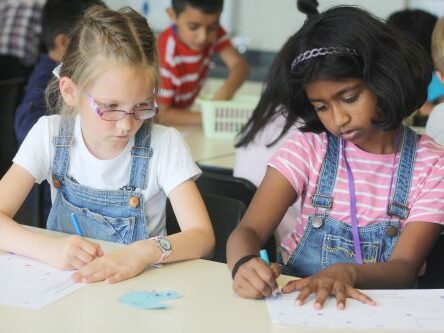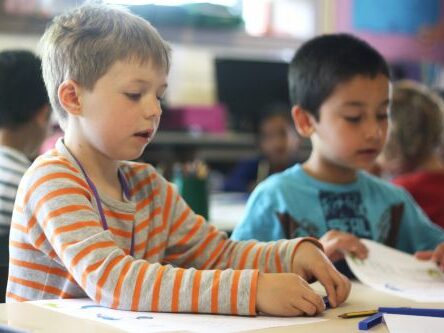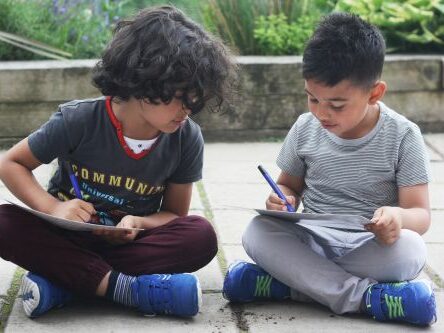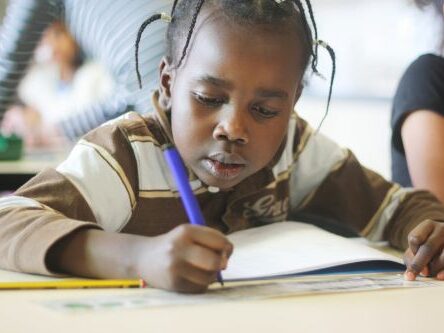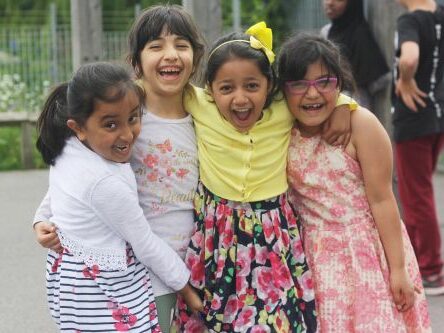Our School is set in the heart of a vibrant, multicultural community that has a rich heritage of culture and diversity. Therefore, at Sharrow, it is embedded in the whole school ethos that we want our children to grow up to be kind, tolerant members of modern British society. We want our children to be proud of and confident in their own faiths and beliefs; we also want them to understand that everyone has a right to follow his or her own belief system without prejudice or judgment. We want our children to be confident when asking questions about religions, finding elements that are common to all the major belief systems. We also want our children to understand and accept that not everyone follows a religion but everyone has a right to be treated equally and with respect, whatever their beliefs may or may not be.
The principle aim of RE at Sharrow is to inspire children’s curiosity towards the world around us as well as an increased capacity for tolerance and empathy through the study of a wide range of world religions and belief systems. We engage pupils in an enquiry approach through the implementation of ‘Enquiring Minds & Open Hearts: Religious Education for all’, the agreed syllabus for RE in Sheffield.
RE is taught and embedded within our topic -based approach to learning. Within each topic, we thread key themes and questions based on ‘Belief’ and’ ‘Difference.’ E.g. The Gift of the River Nile in Year 4. The children are taught through their topic lessons what the Egyptians believed in and compare it to other religions and modern-day beliefs. Through their study and discussion, we encourage our children to discover more about themselves, other religions and celebrations linked to each religion. We welcome visits from faith leaders and members of the school community to share their own stories and beliefs in order to help us to develop a greater understanding of how people in our community and beyond live. As part of our study, we visit religious buildings in the city. We also study how religions are followed across the world.
We share our learning and understanding via displays in school and celebration days. This contributes to building a strong, tolerant community. It also supports children in building relationships with others and understanding the world around them.
Our pupils enjoy RE lessons and are not afraid to share their own experiences and personal beliefs. They are eager to participate in discussions and research about all the major world religions.
Here are our ‘I Can’ statements which we use to plan and monitor the teaching of R.E.
“I can” statements:
| I can … | Year 1 | Year 2/ Year3 | Year 4/ Year 5 | Year 6 |
| Thinking about religion and belief | I can retell important parts of stories from different religions I can talk about symbols, art, dance and music in RE I can use the correct names and words when I talk about my learning in RE | I can retell stories that teach us something I can retell stories from different religions I can say how people show what they believe in different religions I can find some things which are the same and some that are different about the religions and beliefs I have learned about | I know that some stories affect the way some people behave I know that what people do in their lives can be affected by what they believe I can say what is the same and what is different between different religions and beliefs | I can see how questions, beliefs, values and actions are linked I can describe how people’s beliefs and actions affect individuals, groups and communities I can describe similarities and differences within and between religions and beliefs |
| Enquiring, investigating and interpreting | I can say what I find interesting in my learning I can ask questions about things that puzzle me in RE I can name some symbols in the religions that I have learnt I can name some other ways that people express their beliefs and feelings | I know that some questions about life are difficult to answer I can ask questions about what happens to others and how it makes them feel I can think about things that happen to me and show how they make me feel I can tell what symbols mean and the way people show their religious belief | I can find out different things about religions and beliefs and I can compare them I can ask important questions about religions and what people believe I can describe symbols and use this to say what they might mean for people I can describe ways people show their religious beliefs and what they might mean | I can research and organise ideas about religions and beliefs I can ask questions during my research I can sue my research to suggest answers to these questions I can sue correct vocabulary to suggest meaning for different ways in which people show their religious beliefs |
| Reflecting, evaluating and communicating | I can talk about things that have happened to me and how these made me feel I can say what is important to me I can say what is important to someone else | I can listen respectfully to what happens to other people and ask thoughtful, imaginative questions about their feelings I can answer carefully when others ask me questions what happens to me and how I feel I can give a reason why something is important to me I can give a reason why something is important to someone else | I can say what/who inspires me, how these influence me I can compare what I think and feel is important to what others think and feel is important I can give reasons to describe what is important to me I can compare my reasons with those of others I can link what people think is important to what they believe and how they behave | I can describe how sources of inspiration and influence can make a difference to myself and others I can sue my learning about religions and beliefs and think about how it affects my own life and the lives of others I can suggest what might happen as a result of my actions and attitudes and those of others |

